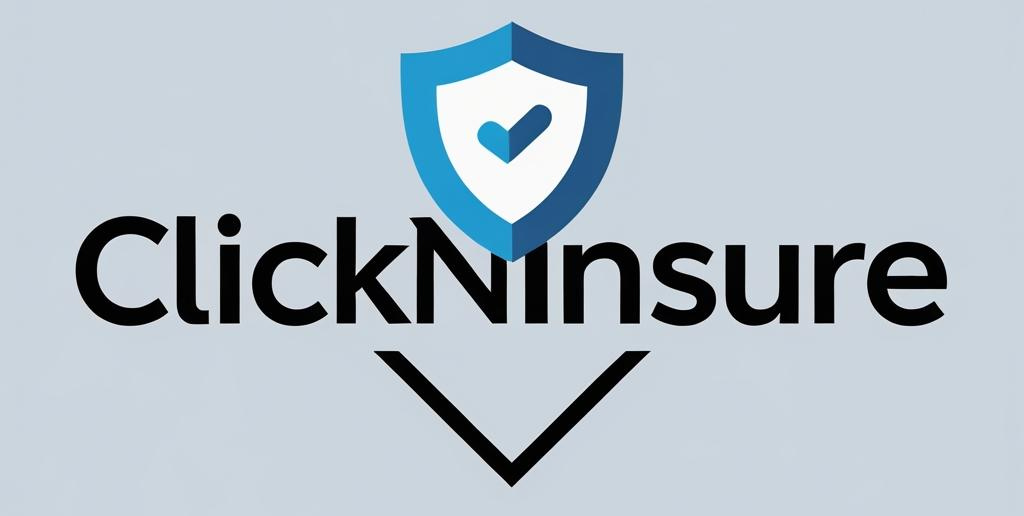✅ Introduction
In a world where medical expenses are rising faster than ever, medical insurance is no longer a luxury—it’s a lifesaving necessity. From unexpected emergencies to routine check-ups, the cost of healthcare in 2025 can be overwhelming for individuals and families alike.
But beyond just bills and benefits, medical insurance plays a much deeper role in our lives. It protects both your health and your financial future.
This post explains why medical insurance is one of the smartest investments you can make, how it works, and how to choose the right plan for your needs.
🧾 What Is Medical Insurance?
Medical insurance, also known as health insurance, is a contract between you and an insurance provider. In exchange for regular payments (premiums), the insurance company agrees to pay for all or part of your medical expenses when you need healthcare.
It typically covers:
- Hospitalization (in-patient care)
- Surgeries and medical procedures
- Doctor visits
- Lab tests and scans
- Prescription medication
- Emergency services
- Preventive care and vaccinations
Some advanced plans also include:
- Dental & vision care
- Mental health services
- Maternity care
- Home healthcare or telemedicine
💡 Why Medical Insurance Is More Important Than Ever in 2025
1. 📈 Soaring Healthcare Costs
The cost of a single hospital visit can range from hundreds to tens of thousands of dollars, depending on where you live and the type of treatment required.
Without insurance, one unexpected illness or accident can lead to:
- Debt
- Bankruptcy
- Delayed or skipped treatment (due to cost)
Medical insurance acts as a financial shield, ensuring you don’t have to choose between your health and your savings.
2. ⚠️ Increasing Health Risks
Modern lifestyles have led to a rise in:
- Heart disease
- Diabetes
- Obesity
- Mental health disorders
- Autoimmune conditions
Having insurance allows you to seek regular check-ups, screenings, and early treatment—preventing minor issues from becoming major ones.
3. 🌍 Global Uncertainty & Pandemics
The COVID-19 pandemic taught us how fragile and unpredictable life can be. Since then, many families have faced:
- ICU bills
- Oxygen & ventilator charges
- Expensive long-term treatment
A good medical insurance plan ensures you’re prepared for the unexpected, whether it’s a new virus, accident, or chronic illness.
💰 Financial Benefits of Health Insurance
A. Protection from Large Medical Bills
Health insurance reduces or even eliminates the financial burden of:
- Hospitalization
- Surgeries
- Diagnostic tests
- Emergency transport (ambulance, airlift, etc.)
B. Tax Benefits
In many countries, premiums paid towards health insurance are tax-deductible, helping you save on income taxes.
For example:
- In the US: Deductions through HSAs (Health Savings Accounts)
- In India: Section 80D benefits
- In the UK: Private medical cover helps reduce long-term NHS costs
C. Coverage for the Whole Family
Family floater policies allow you to insure your spouse, children, and even parents under a single premium, making it affordable and comprehensive.
D. Cashless Treatment Options
Most policies include a network of hospitals where you don’t have to pay upfront. The insurer directly settles the bill, reducing stress during emergencies.
👨👩👧👦 Who Should Get Medical Insurance?
The simple answer: Everyone.
✅ Young adults – Premiums are lower when you’re young and healthy. Buying early helps you lock in low rates.
✅ Families – Protect your spouse, children, and aging parents under a family plan.
✅ Freelancers/self-employed – Without employer-provided plans, it’s vital to have your own coverage.
✅ Senior citizens – They face higher health risks and need policies that cover chronic illnesses and age-related conditions.
📋 How to Choose the Right Medical Insurance Plan
Not all plans are created equal. Here are key factors to consider before buying:
1. 🏥 Coverage & Sum Insured
Make sure the sum insured (coverage amount) is enough to cover major surgeries, ICU stays, and family members.
- For individuals: $50,000 minimum
- For families: $100,000–$200,000 (or more based on location)
2. 🏥 Network Hospitals
Check if your preferred hospitals are on the insurer’s list for cashless treatment.
3. 🧾 Claim Process & Ratio
Go with insurers that have:
- High claim settlement ratio (above 90%)
- Easy, fast claim approval processes
4. ⏳ Waiting Periods
Many plans have a 2–4 year waiting period for pre-existing conditions. Try to choose plans with:
- Low waiting time
- Immediate coverage for accidents and emergencies
5. ➕ Add-Ons & Riders
Optional add-ons include:
- Maternity benefits
- Critical illness cover
- Room rent waiver
- Daily hospital cash allowance
🔍 Real-Life Example
Case Study: John, age 35
- No insurance: His emergency surgery costs $30,000. He takes a personal loan, leading to debt and financial stress.
- With insurance: He pays a $500 annual premium. His insurer covers 90% of the bill, and he’s back on his feet—physically and financially—within weeks.
🧠 Common Myths About Medical Insurance (Debunked)
Myth: “I’m young and healthy—I don’t need it.”
✅ Truth: Emergencies can happen to anyone, anytime. Premiums are lower when you’re younger.
Myth: “Government hospitals are free.”
✅ Truth: Public healthcare often lacks speed or resources. Insurance gives you choice and priority access.
Myth: “It’s too expensive.”
✅ Truth: Medical bills without insurance are far more expensive. Monthly premiums can be as low as a few dollars.
✨ Conclusion: Invest in Protection, Not Just Treatment
Medical insurance is one of the smartest financial and health decisions you can make in 2025. It offers more than just financial security—it gives you peace of mind.
By covering costs, reducing stress, and enabling access to quality healthcare, insurance gives you the freedom to focus on what matters most: your health, your family, and your future.
📌 Quick Checklist Before Buying:
✔️ Adequate coverage amount
✔️ Coverage for your family members
✔️ Low waiting periods
✔️ Cashless hospitals nearby
✔️ Critical illness or add-on riders
✔️ Transparent claim process
✔️ Affordable premiums
